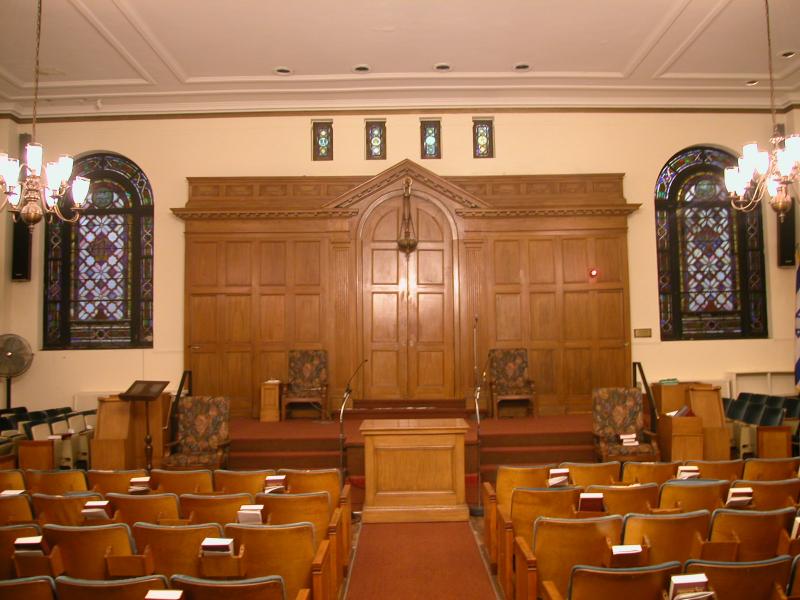Come and learn why you should know more about this fascinating rabbi than you probably do.
On Sunday afternoon, December 3, 2017, we gathered at the Society for the Advancement of Judaism in Manhattan for a conversation about Rabbi Miller with Ms. Ruth Messinger, Rabbi Philip Pohl, Dr. John Ruskay, and Rabbi Dr. Deborah Waxman, moderated by Dan Cedarbaum. To see more about the panelists, click here. For a video recording of that program, click here.
To hear one of the greatest pulpit orators of the 20th century, click here.
We will be adding other materials about Rabbi Miller to this page from time to time.
God of Daniel S.: In Search of the American Jew (1969)
In this remarkably current book, Rabbi Dr. Alan Miller, z”l, the rabbi at the Society for the Advancement of Judaism in New York for more than 30 years (from 1961 to 1992), elucidates the principles of Reconstructionism and, via the device of a seeker estranged from his Judaism, walks him through what belonging to a Reconstructionist community would entail.
Perhaps most interesting is the central section of the book, where Rabbi Miller makes a quick run through Jewish history with a psychological approach. In the same way that a child can only make sense of her personal history once she achieves a stage of self-consciousness, so the Jewish people, Rabbi Miller claims, could only make sense of its history when it achieved self-consciousness during the period of the Prophets. The early stories of creation were myths (analogous to scientific theories today), and the stories of Abraham and his progeny were legends, refashioned over generations to suit the time of the telling. The Prophets reconstructed the theology of the Torah in light of the destruction of the Temple so that it was meaningful for a people in diaspora, and envisioned a God who embodies righteousness. The calamities that had befallen the Jewish people were interpreted as retribution for transgressions.
Miller divides Jewish history into four sections: Biblical, Rabbinic, modern, and democratic, and sees Kaplan as an archetype of the democratic Jew. We at the Kaplan Center were privileged to count Rabbi Miller among our esteemed Senior Fellows.
The SAJ sanctuary as it looked during Rabbi Miller’s tenure:

